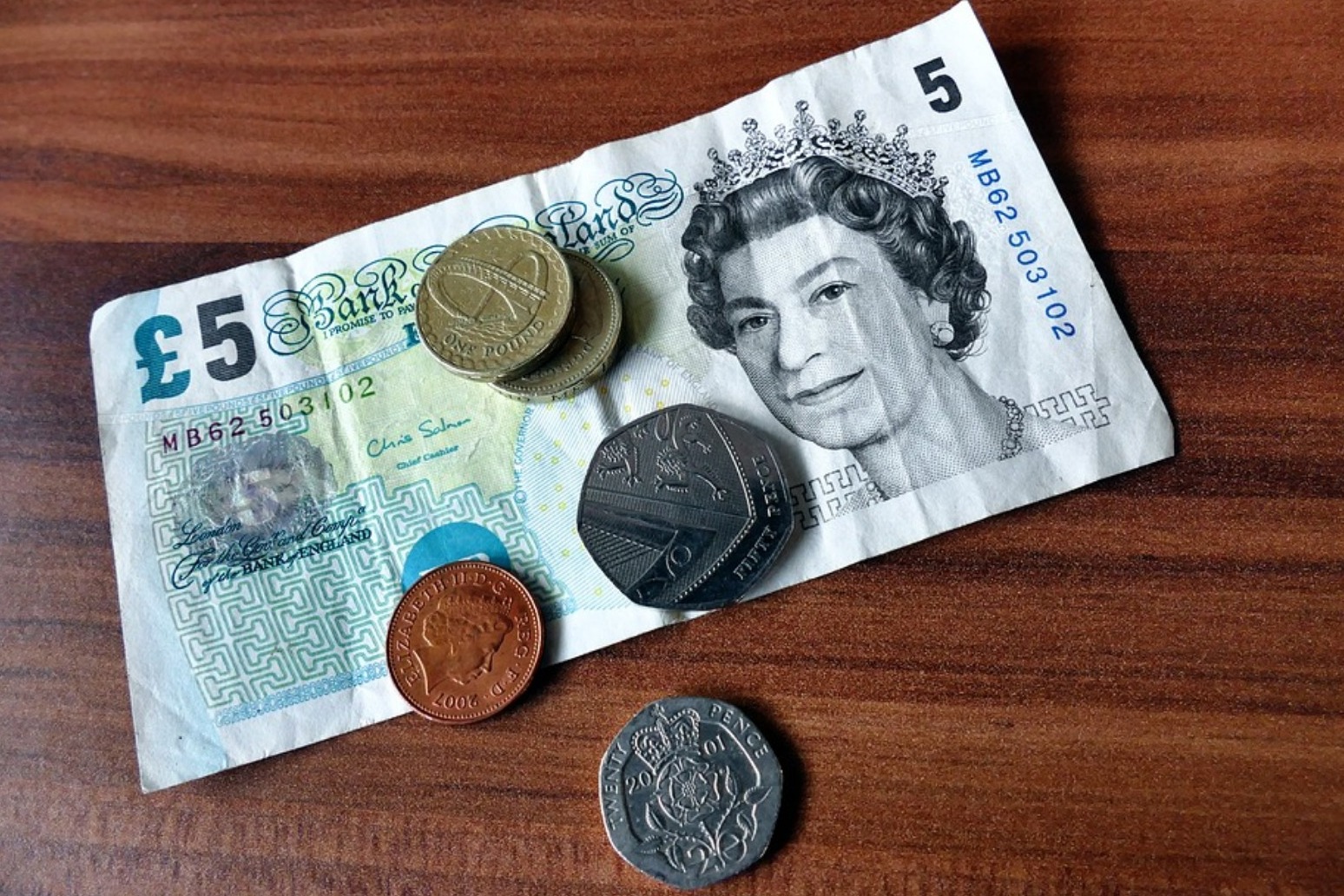
Sterling hits six-month low on Brexit angst and dollar rally
The British pound fell to a sixth-month on Tuesday low amid worries about the threat of a no-deal Brexit under the next prime minister and a deteriorating UK economy.
In the latest sign of economic weakness, sales at British retailers rose at their slowest average pace on record over the past year, a survey from the British Retail Consortium showed on Tuesday.
Concerns about the worsening economic outlook in Britain - some analysts expect the economy contracted in the second quarter - encouraged Bank of England Governor Mark Carney to signal last week that the central bank may strike a more dovish tone at its August policy meeting.
Markets are now pricing in a BoE rate cut over the next 12 months, as central banks around the world adopt an easing bias in the face of economic uncertainty and trade tensions between the United States and China.
Sterling has fallen for several days, its losses compounded by a dollar rallying after analysts scaled back expectations the Federal Reserve would cut interest rates by 50 basis points later this month.
RBC Capital Markets strategist Adam Cole noted that betting markets were now pricing in a 95% chance of eurosceptic Boris Johnson, who some investors fear will push Britain towards a no-deal Brexit, becoming the next leader of the Conservative party and prime minister.
Cole also noted that the recent retail sales data pointed to a "softening trend in consumer spending and consensus forecasts now have the UK economy contracting in Q2."
The pound dropped 0.3% to $1.2480, below last week's six-month low and leaving the currency at its weakest since an early January "flash crash".
Against the euro, sterling also weakened 0.3% to 89.805 pence per euro, putting it just below its six-month low of 89.92 pence.
"While a significant measure of Brexit risks have already been priced, the pound may still have more of its downside exposed, should the prospect of a no-deal Brexit ramp up meaningfully over the coming months," said Han Tan, Market Analyst at FXTM.
Economic growth data for May, due on Wednesday, will help analysts decide whether the British economy is likely to have shrunk in the second quarter after a series of disappointing business surveys.
Published: by Radio NewsHub